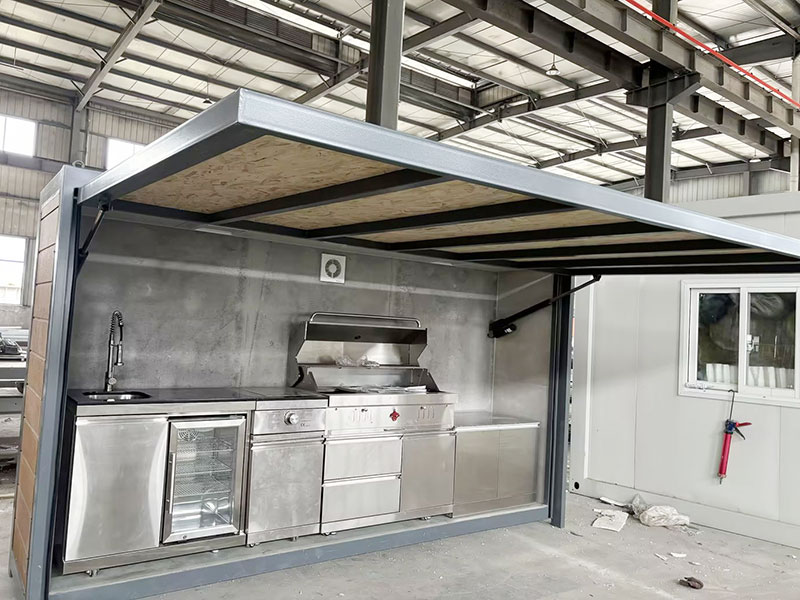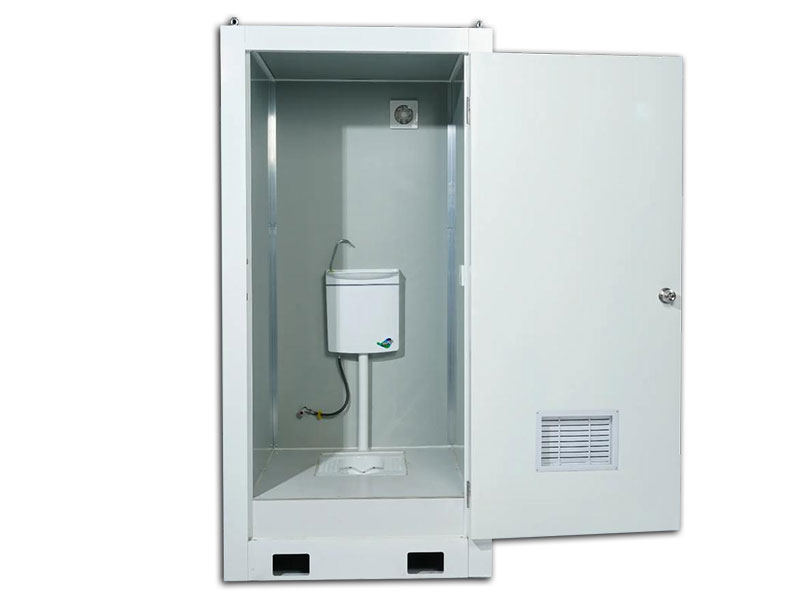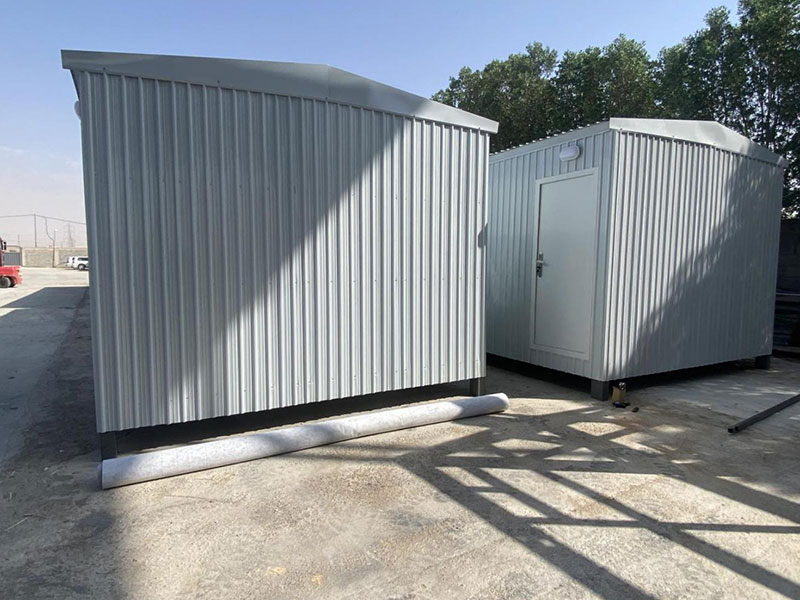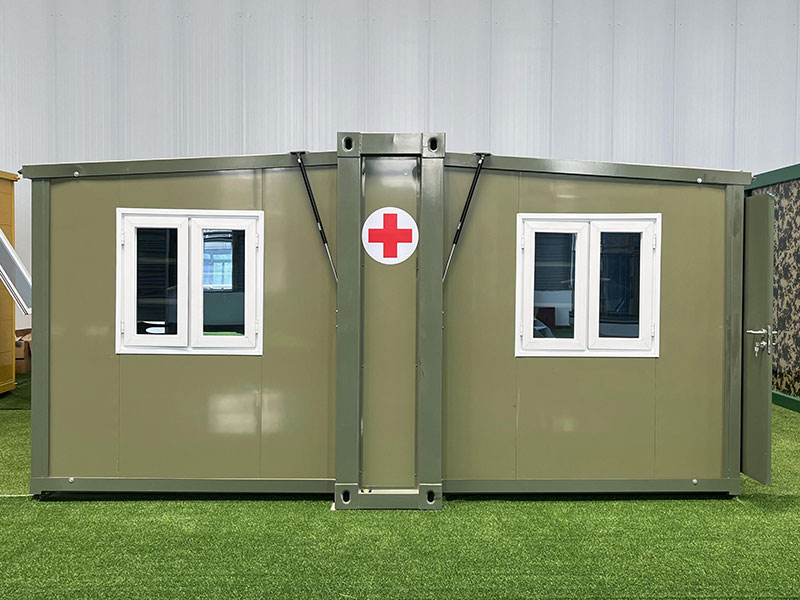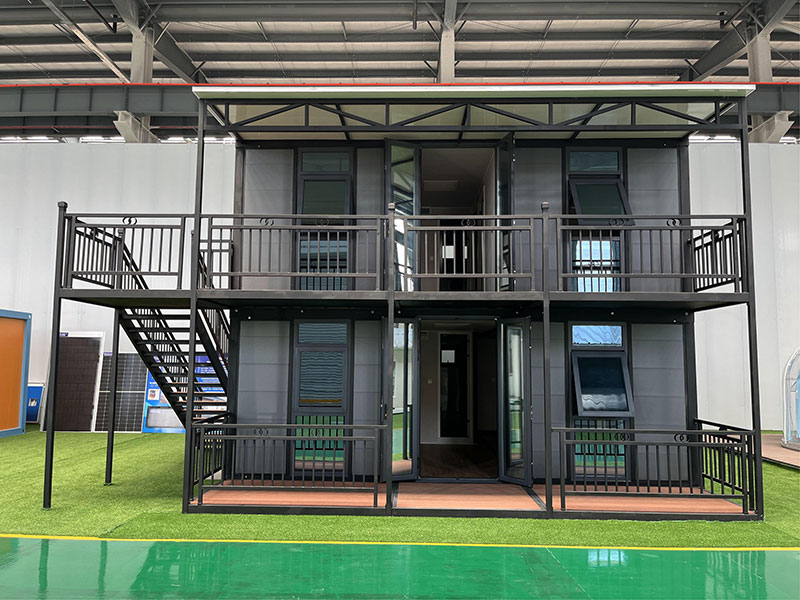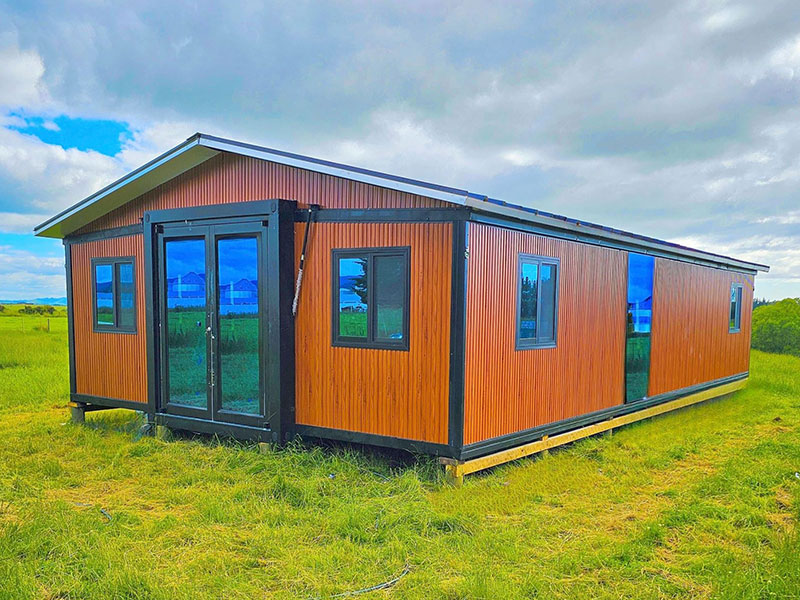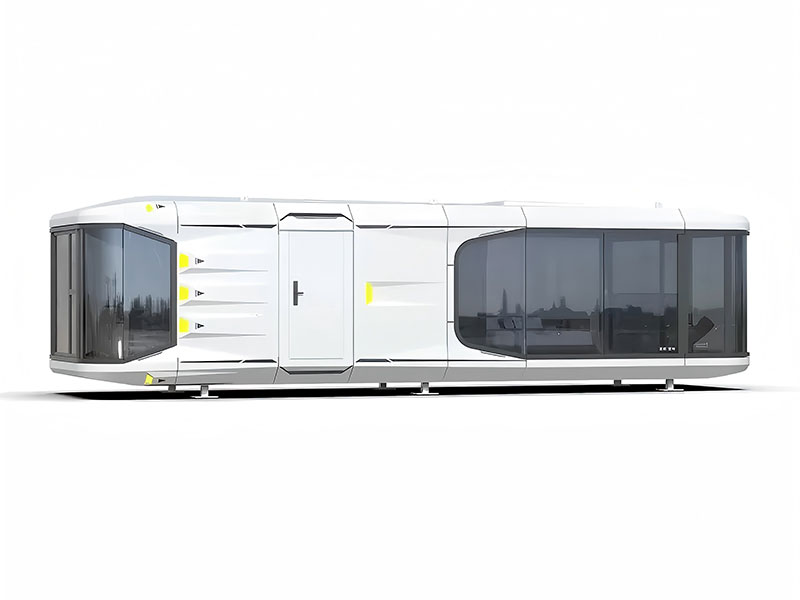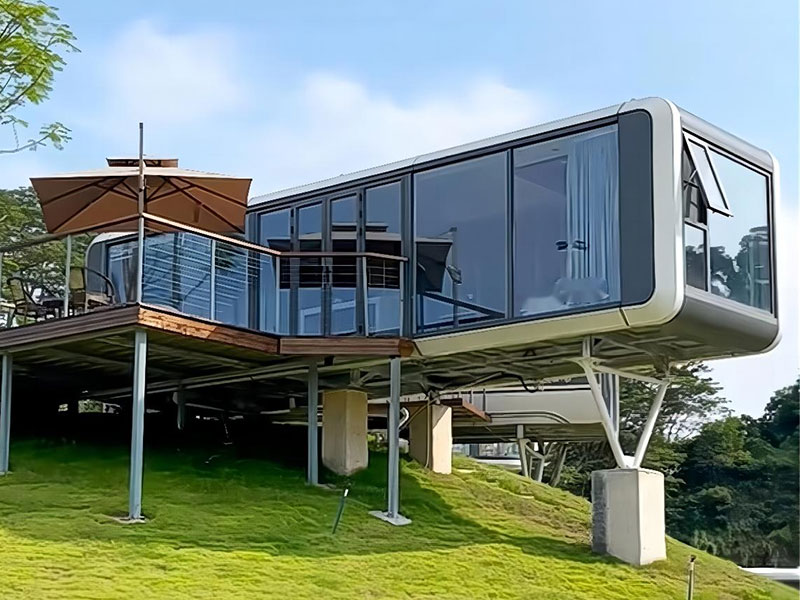The Role of Portable Prefab Cabin in Sustainable Urban Development
2025-05-15As cities strive to become more sustainable, portable prefab cabins are emerging as a valuable tool in urban development projects.
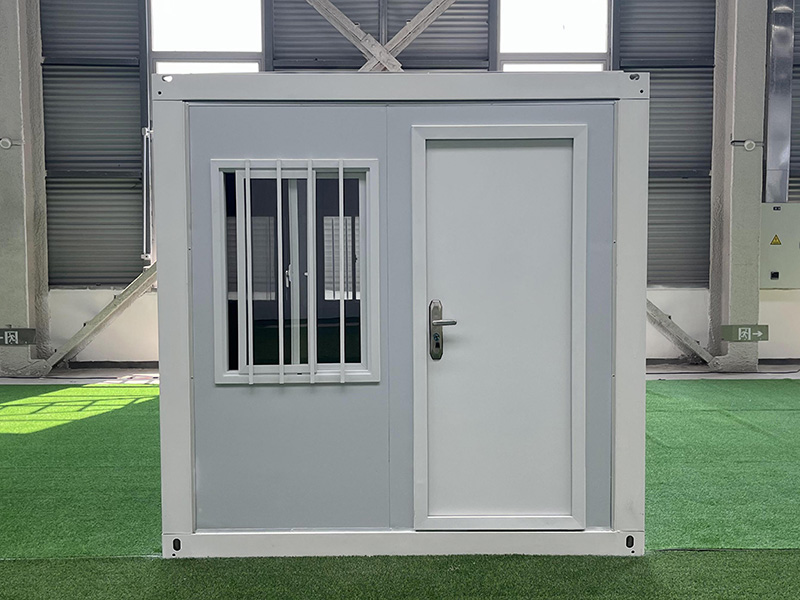
Reducing Construction Waste
One of the major environmental challenges in urban construction is the generation of waste. Portable prefab cabins significantly reduce construction waste compared to traditional building methods. In a factory – based manufacturing process, materials are cut and assembled with precision, minimizing waste. Any excess materials can be recycled or reused, further reducing the environmental impact.
This is especially important in urban areas where landfill space is limited, and the transportation of construction waste can contribute to traffic congestion and air pollution. By using prefab cabins in urban development, cities can take a step towards a more circular economy and reduce their overall environmental footprint.
Energy – Efficient Design
Portable prefab cabins can be designed with energy – efficiency in mind, making them suitable for sustainable urban development. They can incorporate features such as high – performance insulation, energy – efficient windows, and smart lighting systems. Some portable prefab cabins can even be equipped with renewable energy sources like solar panels and wind turbines, allowing them to generate their own electricity.
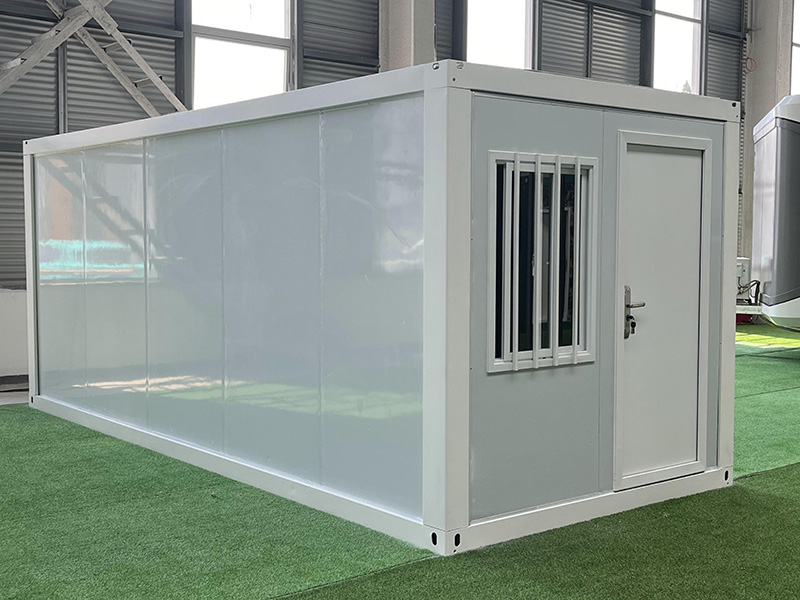
In an urban context, these energy – efficient prefab cabins can help reduce the city’s dependence on non – renewable energy sources and lower energy consumption. This not only benefits the environment but also reduces energy costs for the occupants and the city as a whole.
Adaptive Reuse and Flexibility
Urban areas are constantly evolving, and portable prefab cabins offer the advantage of adaptive reuse. They can be used for a variety of purposes, such as temporary office spaces, pop – up shops, or community centers. When their original use is no longer required, these cabins can be easily modified or relocated for other functions.
This flexibility allows cities to make the most of their limited space and resources. For example, a portable prefab cabin that was initially used as a construction site office can be transformed into a small art gallery or a community meeting place once the construction project is completed.
In summary, portable prefab cabins play a crucial role in sustainable urban development by reducing waste, promoting energy efficiency, and offering flexibility. As cities continue to grow, these cabins are likely to become an increasingly important part of the urban landscape.

